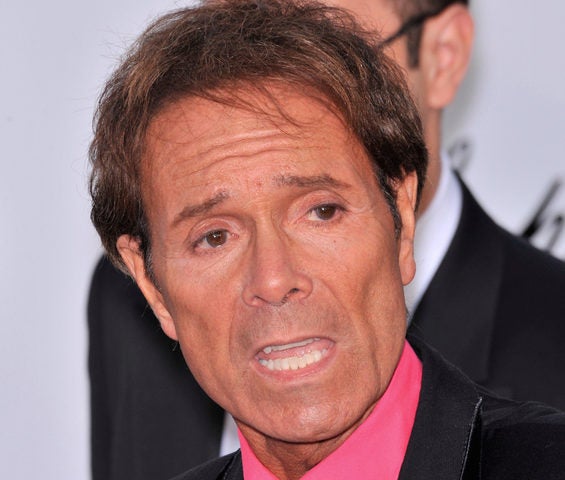
Sir Cliff Richard wants to stop information he says is private and sensitive from emerging during a High Court battle with the BBC.
The singer is suing the BBC over its coverage of a police raid on his apartment in Sunningdale, Berkshire, in August 2014, following an allegation of historical sex assault.
The 77-year-old singer, who denied wrongdoing and was not charged with any offence, says he suffered “profound and long-lasting damage” as a result of coverage and wants damages.
BBC editors have said they will “defend ourselves vigorously”.
A judge is due to oversee a trial in London in April.
Mr Justice Mann on Thursday oversaw a preliminary hearing at which he analysed a dispute over whether some information contained in witness statements gathered by the BBC should be allowed to emerge at the trial.
The judge said the information should stay under wraps for the time being, but he said he would review rival arguments during the trial.
Richard’s lawyers said the information at the centre of the dispute was sensitive and private and should not be aired at the High Court trial.
But lawyers representing BBC said bosses would not agree to the evidence being withheld or not referred to in open court proceedings.
They said the information was “important and significant” to their case and said any “derogation from open justice” had to be “strictly necessary”.
Justin Rushbrooke QC, who is leading Richard’s legal team, said five “sensitive” passages in witness statements contained information about the police investigation into the singer which was not in the public domain.
“What is contained within the paragraphs of these witness statements is plainly within the four corners of what we say is private information,” he told the judge.
“This is the BBC holding itself up as the guardian of the public interest and saying the public is entitled to hear its full evidence.”
He added: “It is plainly wrong to say they will get any less a fair trial from your Lordship if these passages, five in all, are withheld from public inspection.”
Rushbrooke said Richard was not asking the judge to sit in private.
Gavin Millar QC, who is leading the BBC’s legal team, said the passages should be aired in open court.
“The passages in these witness statements are not part of an attack by the BBC,” he said. “These passages are there as part of the BBC’s case.”
He added: “We don’t say we are the guardian of the public interest.”
Millar said the open justice principle should apply.
Lawyers have told how, in late 2013, a man made an allegation to the Met Police, saying he had been sexually assaulted by Richard at Sheffield United’s Bramall Lane football stadium in Sheffield when a child in 1985.
Officers passed the allegation to South Yorkshire Police in July 2014.
Richard denied the allegation and in June 2016 prosecutors announced that he would face no charges.
A BBC spokesman said the BBC had reported Richard’s “full denial of the allegations at every stage”.
A spokesperson for Cliff Richard told Press Gazette: “Sir Cliff wishes to make it clear that the few short passages that will be removed from the public versions of the witness statements simply contain details of the false allegation that gave rise to the police investigation which are not already in the public domain.
“Although the allegation is false, and did not lead to any action being taken by the CPS, it is something which has caused him a great deal of emotional trauma and pain, which is ongoing.
“The BBC made it clear that they were not suggesting that that allegation was true and that those details had not been put in the statements for that purpose.”
Picture: Shutterstock
Email pged@pressgazette.co.uk to point out mistakes, provide story tips or send in a letter for publication on our "Letters Page" blog
